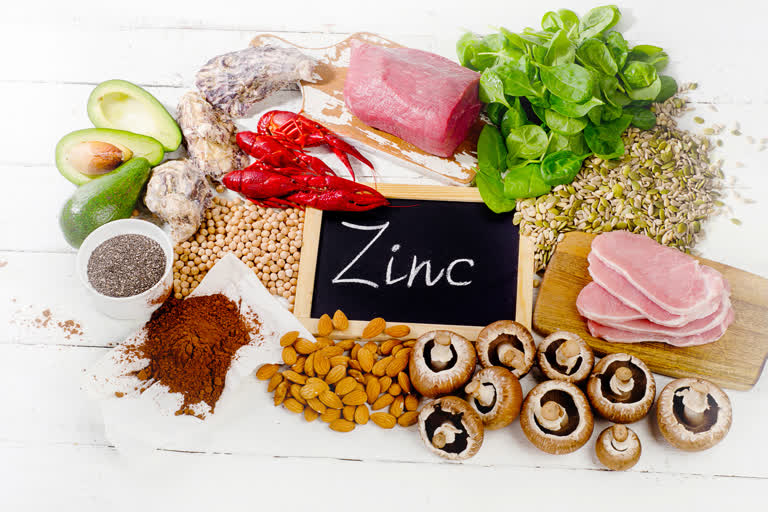Hyderabad: We need nutritious and balanced diet to lead a healthy life. The COVID-19 pandemic created a renewed interest about overall well-being. It emphasized the importance of healthy diet. On the other hand, adulterated and heavily processed food products are taking over the world. While nutrient dense foods help boost our immunity; junk foods quickly degrade our bodies. In the aftermath of COVID-19, the World Health Organization has released guidelines to be followed by the food industry to maintain trust and consumer confidence. The food industry must follow good hygiene, cleaning and sanitation practices at each stage of food processing, manufacture and marketing chain. But it is doubtful if any of the domestic industries are abiding by these norms.
Singapore topped the Global Food Security Index (GFSI) 2019 with a score of 87.4 followed by Ireland (84) and the US (83.7). India ranked 72nd with a meagre 58.9 mirroring the poor conditions in the country. An in-depth look into the source, quality and purity of food products in the market gives us few shocking revelations. Almost all the top brands failed the test conducted by the Center for Science and Environment (CSE) to understand adulteration in honey. Of late, several products have evolved to bypass Food Safety and Standards Authority of India (FSSAI) tests. The presence of dangerous contaminants in turmeric, chili powder, sugar, jaggery, pepper and cooking oil are causing a slew of lifestyle diseases.
The WHO has asked India to increase government funding for nutritious food as a tool for economic development. As per a study by the Foodborne Disease Burden Epidemiology Reference Group, adulterated food affected 10 crore Indians in 2011. The same study found that the number is likely to reach 17 crores by 2030. This means that one in every 9 people are falling ill due to food contamination. The poor and underprivileged are the most affected in the process. Food and water adulteration is believed to be the main reason for the recent mysterious illness that shook hundreds of people in Eluru, Andhra Pradesh. Despite the awareness campaigns launched by governments and sanitation experts during the COVID-19 crisis; many hotels and tiffin centers are still following unsafe norms. Numerous studies have shown that 20 percent of patients who visit a doctor or any clinic are those who had consumed adulterated food.
Also read: Farmers protest page on FB briefly taken down
Quick profits are the main motive for selling adulterated products. Hazardous chemicals are used to increase the thickness of milk. Fruits are being prematurely ripened through artificial hormones. Annually, 5 lakh people worldwide die of contaminated foods. Though politicians proclaim to take severe measures on food adulteration, the actuality is quite different. The Center introduced the Food Safety and Standards Act in 2006 to protect consumer health and regulate the food sector. But its implementation is far from satisfactory. Only 16 percent of those convicted in criminal cases in food safety are getting punished. Meanwhile, there is a rise in adulterated food empires in the country. The central and state governments must understand the importance of food quality. Necessary systems and regulatory bodies must be established to increase the food standards in the country. Consumer awareness and stringent laws go a long way in curbing the menace of food adulteration.



